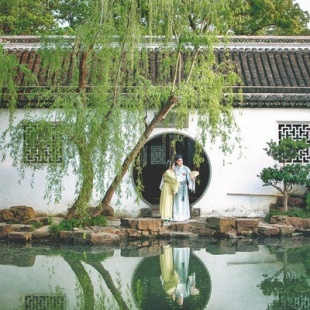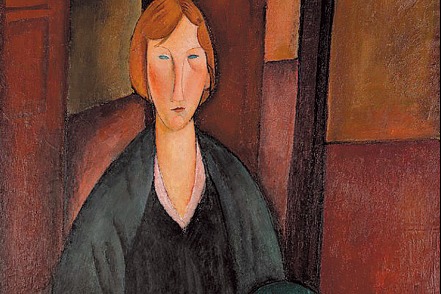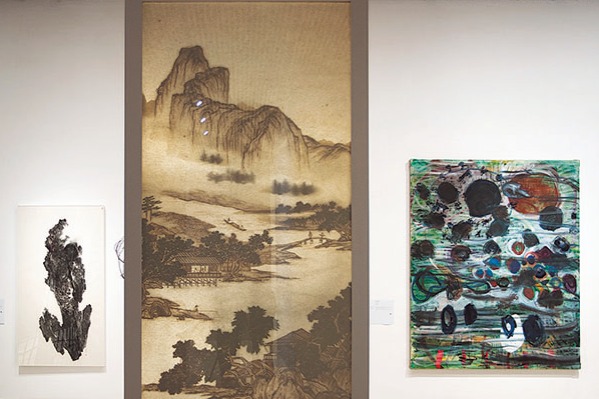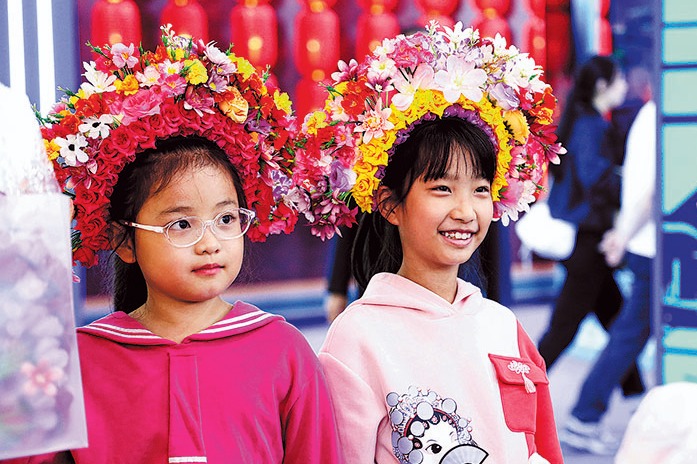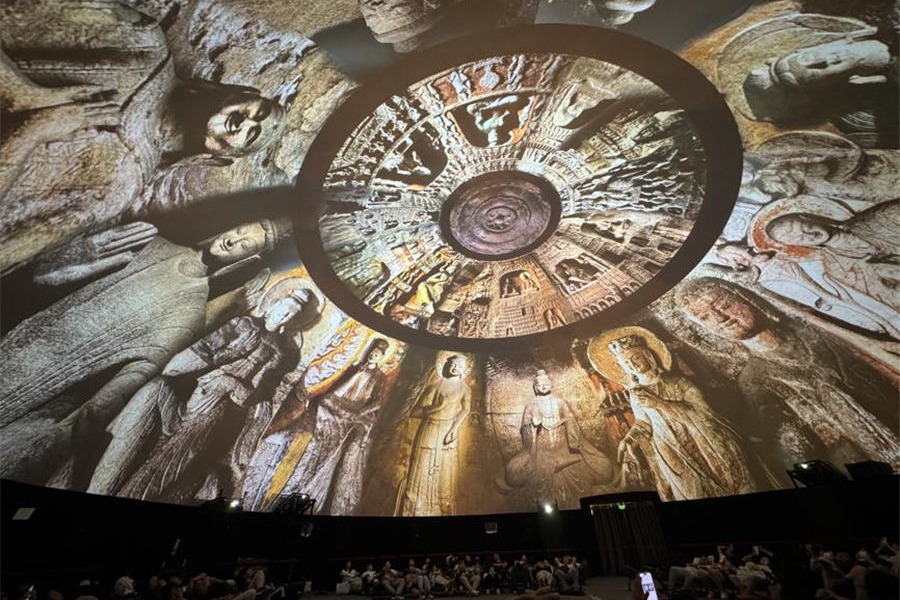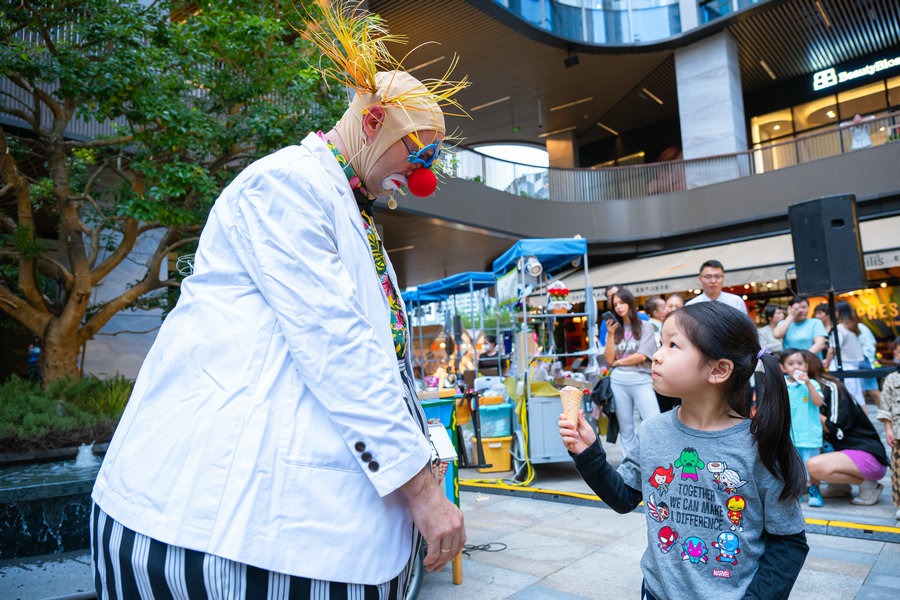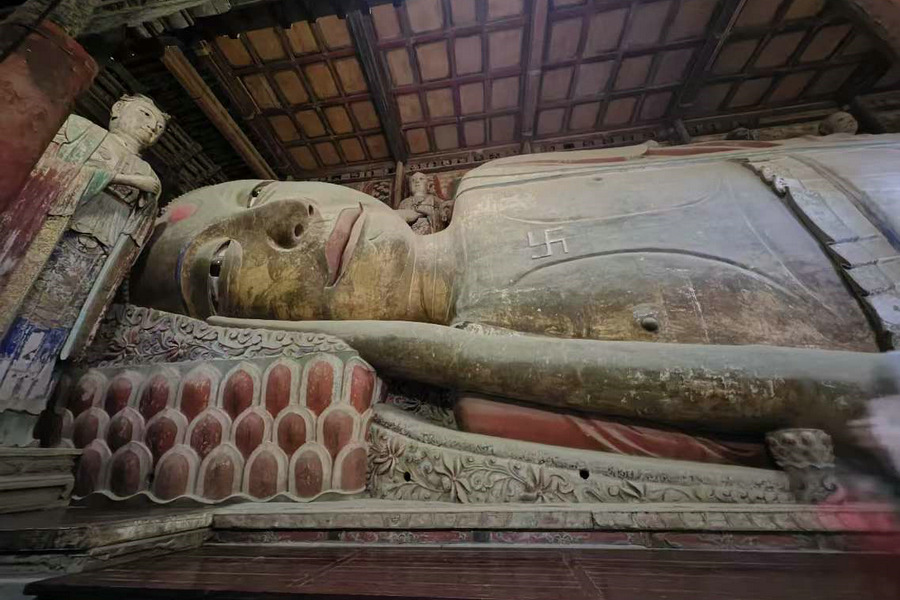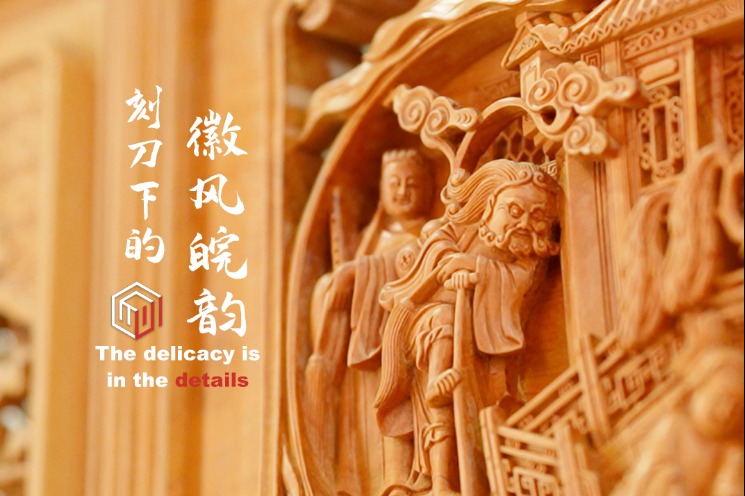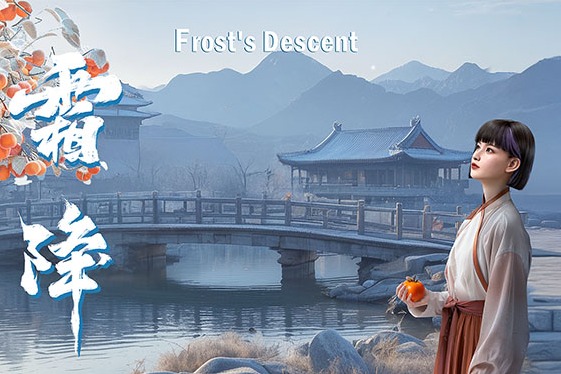Guilin sets the stage


Besides his directorial work, the 30-year-old will also be one of the actors of a physical theater production, titled Aquatique, which is directed by Zhao Miao and will be staged at Guilin Xiangshan Scenic Area on Dec 13 and 14.
The story was adapted from Qing Dynasty writer Pu Songling's short story collection, Strange Tales From a Chinese Studio, which is about a water ghost looking for a scapegoat. The play features elements of Nuo Opera, a type of traditional Chinese opera originating in the 16th century as a form of totem worship, and features eight male actors who perform in Nuo Opera masks made of wood.
Because Guilin is not only home to famous landscapes, but also a diversified population of ethnic groups — 28 in total, including Zhuang, Dong, Miao, Yao and Yi — local artists will also be featured prominently at the festival.
Theatrical Guilin, which features Guiju Opera artists from Guilin, will be staged on Dec 15 and 16. The show is presented by the Guilin Intangible Cultural Heritage Conservation and Inheritance Center, and directed by Li Zhuoqun, who is known for her creative approach of bringing Peking Opera into small theaters, particularly popular among younger audiences. It features three classic Guiju Opera pieces, including Romance of the Jade Bracelet. The show, which premiered in early 2018, has been staged nearly 200 times in the city.
A contemporary Guiju Opera production, titled Hua Qiao Rong Ji (the rice noodle restaurant by Hua Qiao bridge), which was adapted from one of famous writer Pai Hsien-yung's short stories, was staged on Dec 12. The tale was originally published in Pai's short story collection, Taipei People, in 1971.
It centers around a woman who opens a rice noodle shop in Taipei. Her grandfather used to run a rice noodle shop in Guilin, their hometown, and when she moved to Taipei, she took her grandfather's recipe with her and keeps the family tradition of making rice noodles alive.
Born in Nanning, capital city of Guangxi, and later moving to Guilin, Pai, 85, relocated to Taiwan province in 1952.
Before adapting it into a Guiju Opera, Huang Weilin, who is the scriptwriter of the production, sent the script to Pai, who replied with his approval.
"The production is loyal to the original novel and expresses nostalgia for one's hometown through rice noodles, which is one of the most popular and famous foods in Guilin," says director Hu Xiaoping.


